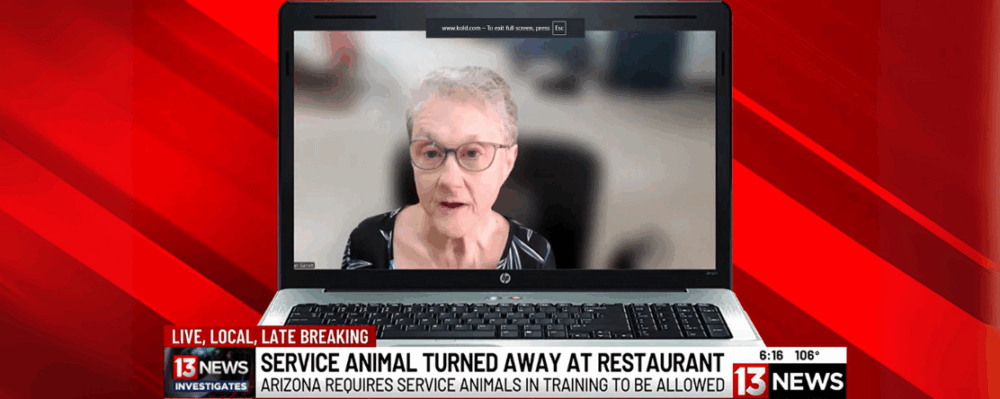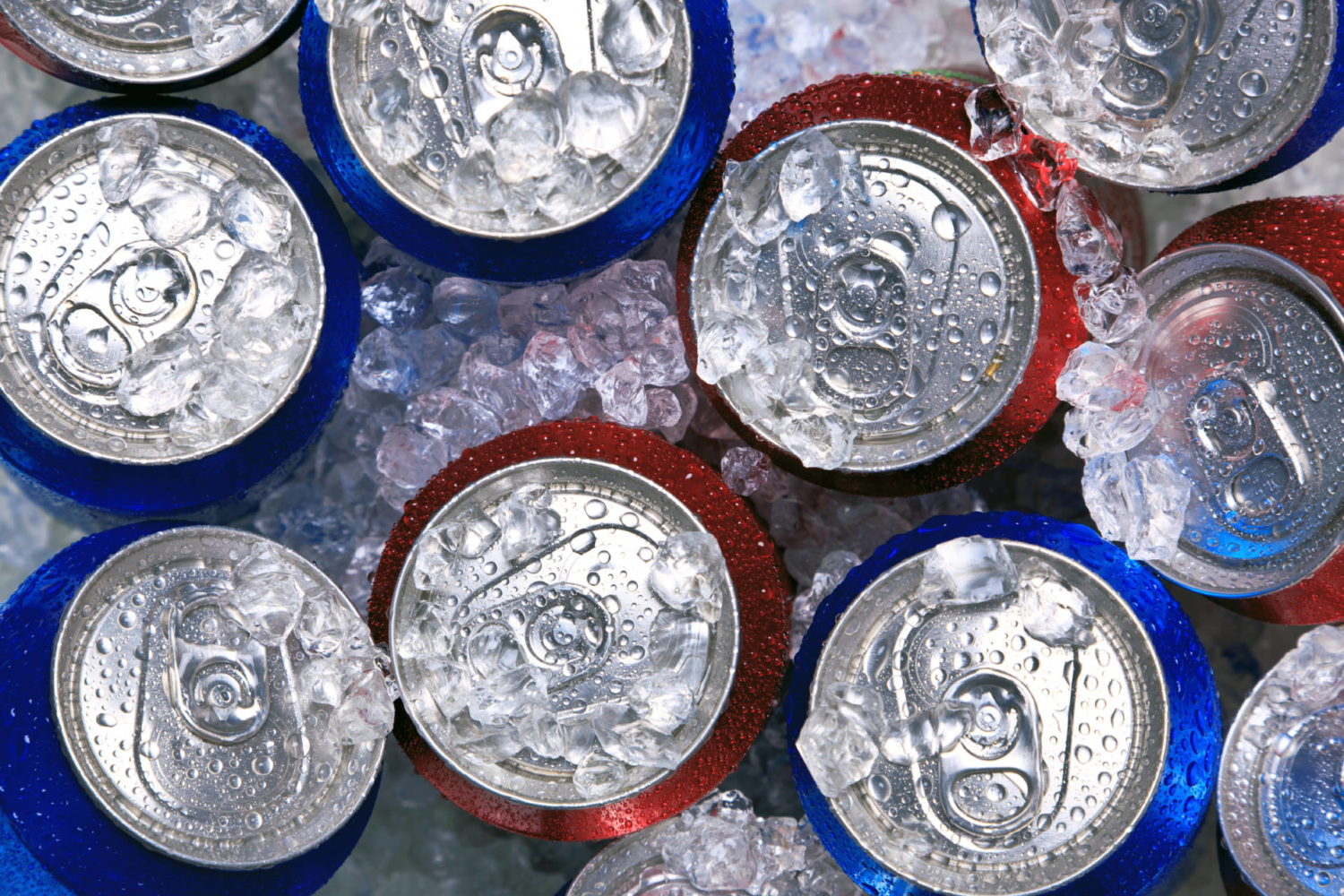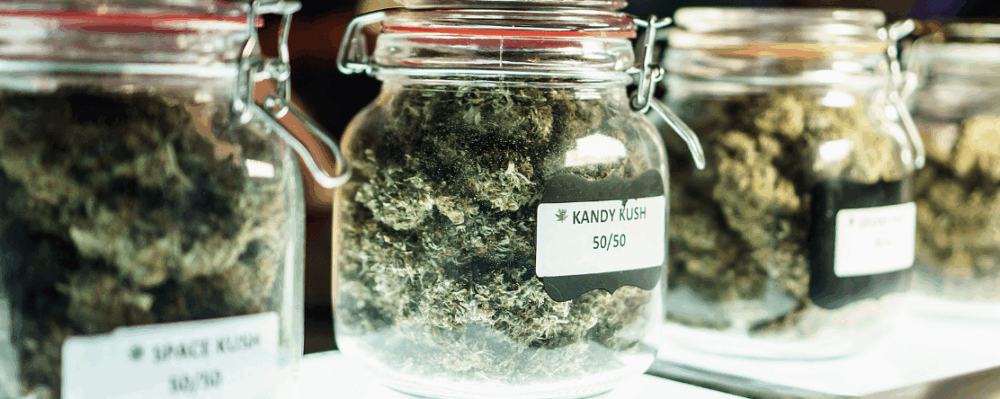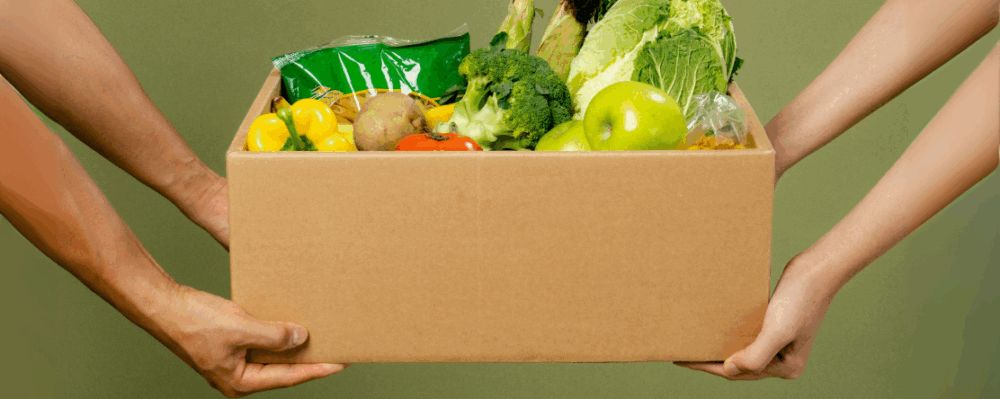
In the News
Oakland City Council Puts Soda Tax on November Ballot
-
Focus Areas
Chronic Disease Prevention, Healthy Communities -
Issues
Nutrition & Food Security -
Expertise
Public Policy Advocacy

Oakland’s City Council voted unanimously to place a soda tax on the November ballot. If approved, Oakland would become the second city in the nation, after Berkeley, where a fee is charged on sugar-sweetened beverages.
Council member Annie Campbell Washington sponsored the measure and expects big push back from the beverage industry.
“We’re expecting a huge fight,” she said. “We saw in Berkeley that the beverage indusy is willing to pour millions and millions into the fight against these kinds of taxes and we expect the same thing here.”
The Oakland measure is very similar to the one passed in Berkeley in 2014. It would levy a penny-per-ounce fee on virtually sugar-sweetened beverages (sodas, energy drinks, fruit-flavored beverages and more). The fee would be paid by distributors but is expected to mostly be passed through to consumers.
Washington said she expects such a fee to raise $6-10 million for Oakland. An advisory panel would recommend health programs to fund with the generated revenue, but monies from the fee would not be earmarked. The measure requires a simple majority, 50 percent plus one vote, for passage.
The soda industry opposes such fees, arguing that the focus on sugar-sweetened beverages oversimplifies complex health problems such as obesity and diabetes. It also says such fees hit poor people hardest.
Yet a long list of public health and community groups have already indicated their support for a soda tax. In a statement, Mary Pittman, president of the Oakland-based Public Health Institute said sugar-sweetened beverages are among the biggest contributors to diabetes and other illnesses and disproportionately impact poor communities.
“It is time that big beverage companies dip into their millions of dollars of profits and help pay for the damage their products cause,” Pittman said.
Soda tax supporters in San Francisco are gathering signatures to put a measure on the November ballot. A 2014 soda tax effort failed, but that was an earmarked tax and needed a supermajority — more than 2/3 vote — to pass. It got only 55 percent. The new effort would follow the Berkeley/Oakland model — proceeds would become general revenue, but an advisory board would recommend health programs that would be funded.
Continue reading the full article on KQED.
Read a similar story in the San Francisco Business Times.
Originally published by KQED
More Updates


Mercury News: PHI’s Lynn Silver Discusses How the Cannabis Industry Has Falsely Marketed Cannabis as a Wellness Product

CNN: PHI’s Lynn Silver Discusses New Study Connecting Cannabis and Cardiovascular Diseases

Study from PHI’s Center for Wellness and Nutrition Shows How HealthyFood RX is Transforming Diabetes Care
Work With Us
You change the world. We do the rest. Explore fiscal sponsorship at PHI.
Support Us
Together, we can accelerate our response to public health’s most critical issues.
Find Employment
Begin your career at the Public Health Institute.
